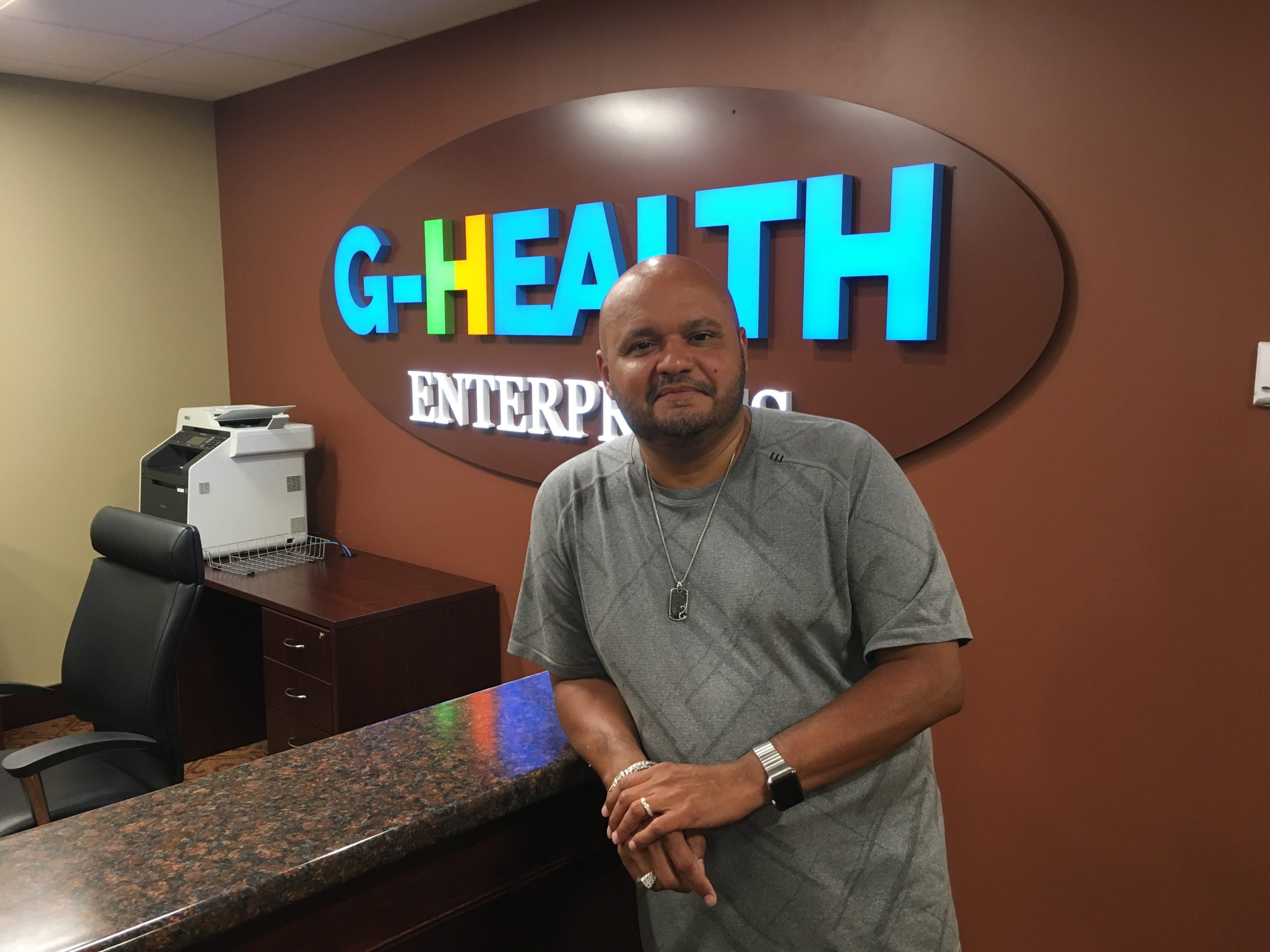By Ebony Singletary
We all know that there are health disparities in the United States based on color. Research confirms that minority populations have shorter life spans and are more likely to have serious diseases such as asthma, diabetes, hypertension, heart disease, mental illness, and obesity, which contribute to their susceptibility to COVID-19.
Dr. Raul Vazquez, President and CEO of G-Health Enterprises recently addressed how COVID-19 has brought more of these issues to light by answering some important questions:
Has COVID-19 shed a light on the disparities of COVID-19 in minority populations?
COVID-19 has increased our awareness of the social determinants of health in our communities of color. If you lack food, transportation, housing, and stability in your life, you aren’t going to devote proper attention to your health. Buffalo’s east side, represented by zip code 14215, has experienced much higher death rates as a result of this virus. In addition to poor health care, individuals living in this area, like other minorities, are less likely to receive good education which, in turn, results in better jobs and higher income. They are less likely to have health insurance, more likely to live in substandard housing, and less likely to practice social distancing because of living in more crowded conditions. COVID-19, which attacks the lungs, is also more deadly for those whose lungs are already weakened due to smoking and vaping.
What would you say to people who aren’t concerned about these communities because it is not their family or friends who are impacted?
We all need to care about this community. They are the people who are working outside the home in jobs now considered essential, such as transportation, grocery stores, nursing homes, home health care, and maintenance. We can’t survive without these people!
Is there a plan to reduce the high rates of death, not just in black and brown communities, but for all of Western New York?
Governor Cuomo, in his daily COVID-19 press conferences, has talked about racial disparities in the death rates in New York, saying that this is unacceptable. He has called for our experts to study the causes and come up with solutions, including the importance of a test-trace-SMART Quarantine. If this is implemented, everyone wins. Having a model and looking at the data is important. Contact-tracing will tell us who has the virus and who doesn’t. Then, we can connect people to their primary care providers through telehealth and implement regimens that work. For example, if several generations are living in one small apartment, SMART isolation may be the answer.
Now that we are shedding the light on healthcare disparities in black and brown communities, what can be done to help fix these problems?
We need to create an incentive for people to see their primary care providers. We also need to train doctors on the social determinants of health, on care coordination, and develop medical neighborhood models that involve faith and community-based organizations.
While all of these underlying issues have contributed to the health disparities we are facing in our communities of color, Dr. Vazquez calls the coronavirus pandemic a moment of truth. He says, “We can’t forget the toll on health from experiencing the stress of racial discrimination.” He also says that the solutions include investments in education, jobs, and residential desegregation, all of which have long-term effects on health.
G-Health Enterprises is a health care organization encompassing The Greater Buffalo United Accountable Healthcare Network (GBUAHN), The Great Buffalo United Accountable Care Organization (GBUACO), Urban Family Practice (UFP), and The Greater Buffalo United Independent Physician’s Association (GBUIPA) facilitated by CEO and President Raul Vazquez, MD. G-Health Enterprise’s mission is to cultivate hope and quality healthcare in children, families, and communities.












